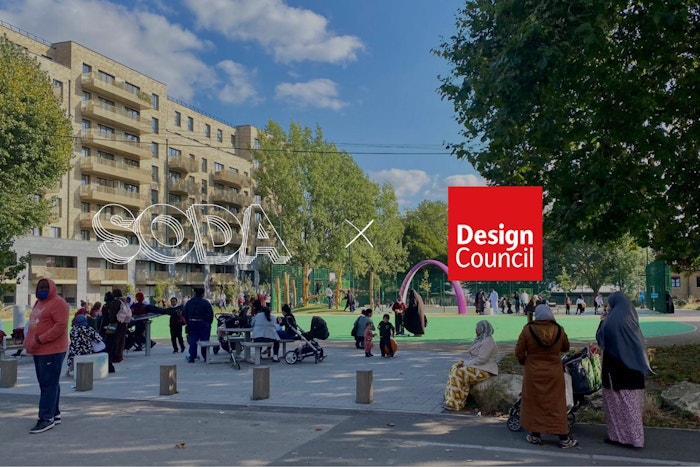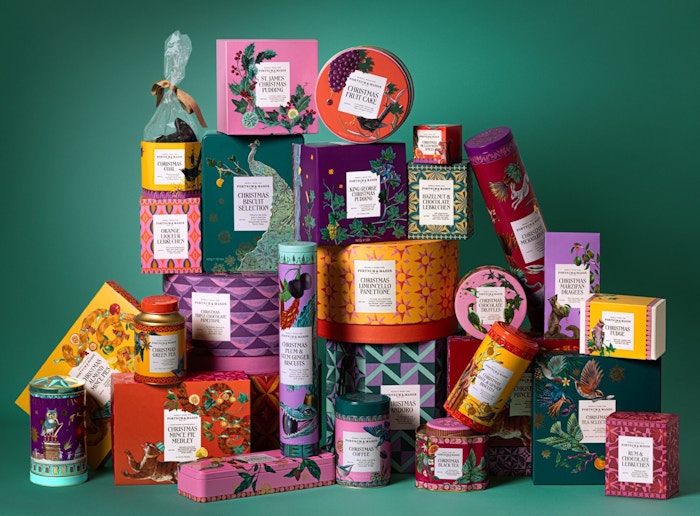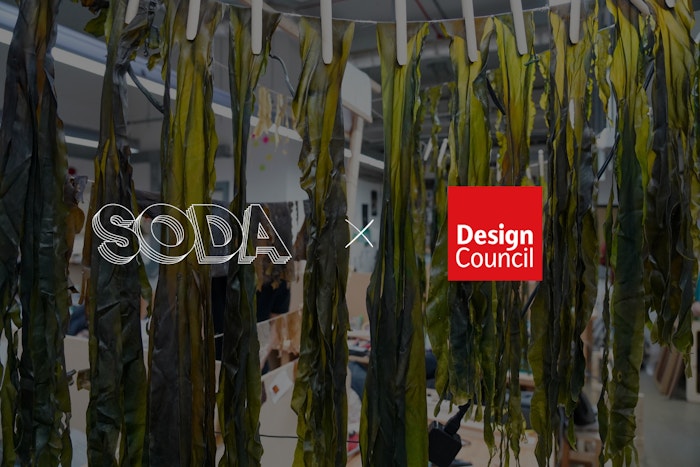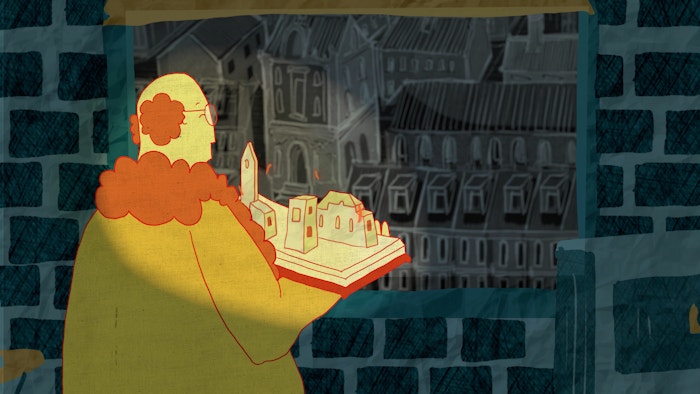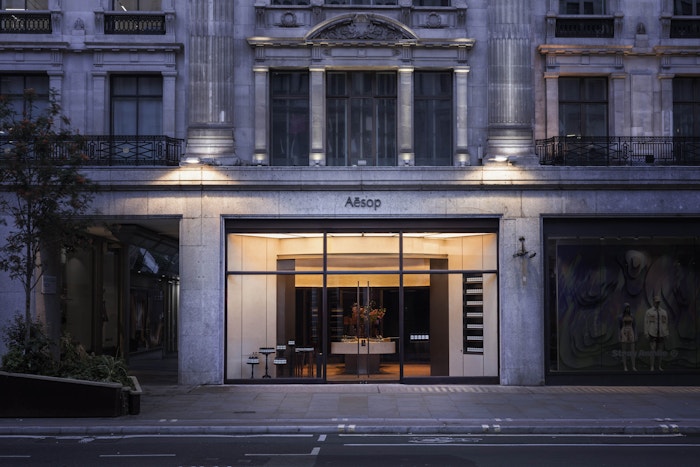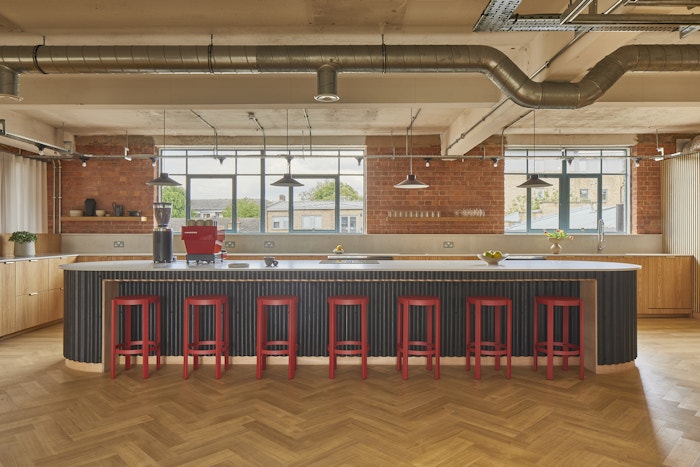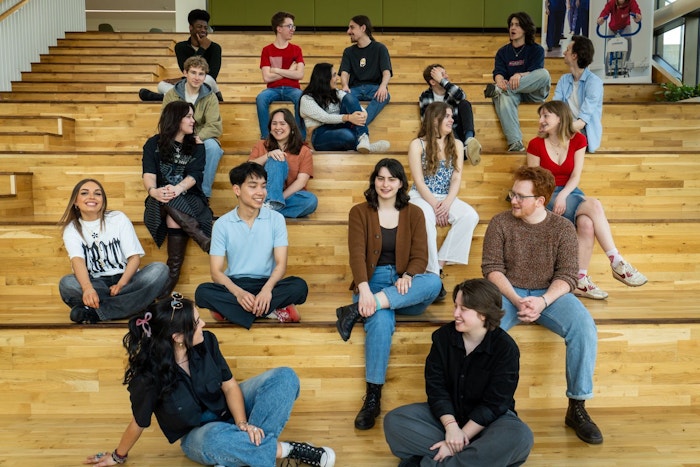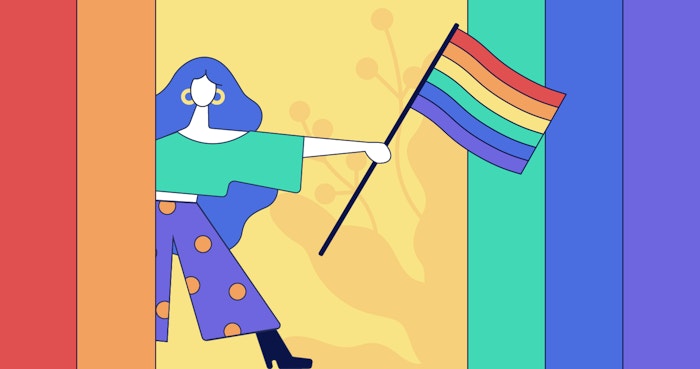
26 Feb 2021
LGBTQ+ history is not finished yet
To mark the end of LGBTQ+ History Month, the SODA team looks forward to three historical moments that still need to happen in queer equality
This LGBTQ+ History Month, we celebrated some of the queer trailblazers whose creative minds have helped make the world a better place. From Gilbert Baker, who designed the first Pride flag and created an enduring symbol of LGBTQ+ celebration, to Félix González-Torres, whose AIDS-era billboards brought the crisis to a reality for the American people. Where Fox & Owl carved out a space for transgender perspectives in the film industry, Liv Little overhauled the publishing sector to include the voices of black queer women.
Evidently, the creative community have always played an essential part in achieving key milestones in queer equality. But what about the moments in LGBTQ+ history that still need to happen?
Equality and acceptance are not fixed end points. If they were, we certainly have not reached them yet. We should be proud of how far activists and creatives have come to bring greater visibility to queer lives, while simultaneously recognising the battles that still need to be won.
To mark the end of LGBTQ+ History Month, the SODA team looks forward to three historical moments that still need to happen in queer equality, and how the creative community are playing an active part in making these a reality.

Wu Qiong’s three trucks campaign (2019)
Ending conversion therapy
Conversion therapy has long been denounced as harmful and torturous to LGBTQ+ people. Not only does the practice cause lasting psychological and physical damage to individuals, it can also facilitate the wider spread of homophobic views throughout society.
The global creative community have addressed this atrocity in different ways. One particularly poignant response is Wu Qiong’s three trucks campaign in 2019. Inspired by the film “Three Billboards Outside Ebbing, Missouri”, in which a mother uses billboards to draw attention to her daughter’s unsolved rape and murder, the campaign used the same tactic to call for an end to converstion therapy in China. In a country where such bold political campaigns are rare, Wu’s message seized its audience and garnered millions of views on social media.
In the UK, the NHS and all major professional therapy bodies oppose conversion therapy on logical, ethical and moral grounds. Questionable perhaps then why it took until July 2020 for the government to pledge an official ban on the practice?
Nonprofit organisation @BanConversionTherapy and it’s accompanying Instagram page is helping to continually lobby the UK government. The organisation’s assertive graphics in a simple colour scheme aim to put pressure on the government to uphold its promises, unified by their signature “X” symbol as a reminder that they won't stop until this abhorrent practice comes to a true end.
Words from Downing Street are one thing, but real, tangible actions are another. In 2021, we expect to see an active commitment to eliminating conversion therapy from the UK for good.
Blood donation equality
Until recently, the United Kingdom held an outdated, institutionalised - some might even suggest discrimanatory - approach to blood donation. A hangover from the AIDS crisis, the law recently prohibited gay and bisexual men from donating blood unless they are willing to abstain from sex for three months.
In 2019, creative studio Elvis partnered with pressure group FreedomToDonate and UNILAD to recruit men who have sex with men to donate to the “The Illegal Blood Bank”. Highlighting that safe blood was going to waste because of outdated misconceptions about sexuality, the team brought the blood to Westminster as a powerful challenge to government inaction.
It worked. The campaign prompted an investigation from the Department of Health into donation restrictions, and in December 2020 it was agreed that men who have sex with men in a long-term relationship will be able to donate blood at any time from August this year.
Brilliant though this progress is, does it truly go far enough?. Lauded by the government as a “landmark change”, the new law still isolates many gay and bisexual men simply because they are not heterosexual. Many would like to see us leave AIDS-era bigotry and stigma behind and make blood donation truly equal, regardless of sexual orientation.

Wednesday Holmes Illustration
Reforming the Gender Recognition Act
At the time, the UK’s 2004 Gender Recognition Act was a milestone moment in transgender history, enabling individuals to change their legal gender for the first time. Yet, more than 15 years on, many are calling for further important reform.
The legislation currently requires a medical diagnosis of gender dysphoria before a person’s birth certificate can be changed. Not only is this invasive, it places trans people in the uncomfortable position of having to “prove” their gender, and perpetuates the suspicion and distrust around trans identities.
After two years of delayed consultation, the government finally announced in September 2020 that they were not going to override the need for a medical diagnosis. As a result, trans people are still being denied the ability to self-identify. Many feel this needs to change. One creative figure challenging this legislation is transgender illustrator Wednesday Holmes. As the co-founder of Voices4 London, a direct action group for LGBTQ+ liberation, Holmes creates bold and playful graphics to communicate important messages about trans rights. In response to the failed GRA reform, their “Other people’s sexuality and gender is none of your fucking business!” illustration united the community and called for a future that enables trans individuals the right to declare who they are.

As LGBTQ+ History Month comes to an end, we take time to look back, celebrate and reflect on what has been achieved in the past. It’s also a time to look forward to what still needs to be done.
The queer community continues to face immesurable barriers, both visible and invisible. The power of creative thinking to bring these issues to the forefront and provoke real social change is undeniable.
From lobbying and campaign groups, to social media movements, the creative community are an integral part of communicating the LGBTQ+ experience, and essential in creating new moments in queer history.
subtitle
sadds;kfmds;gnr
subtile
- Words by Jack Hazeldine









